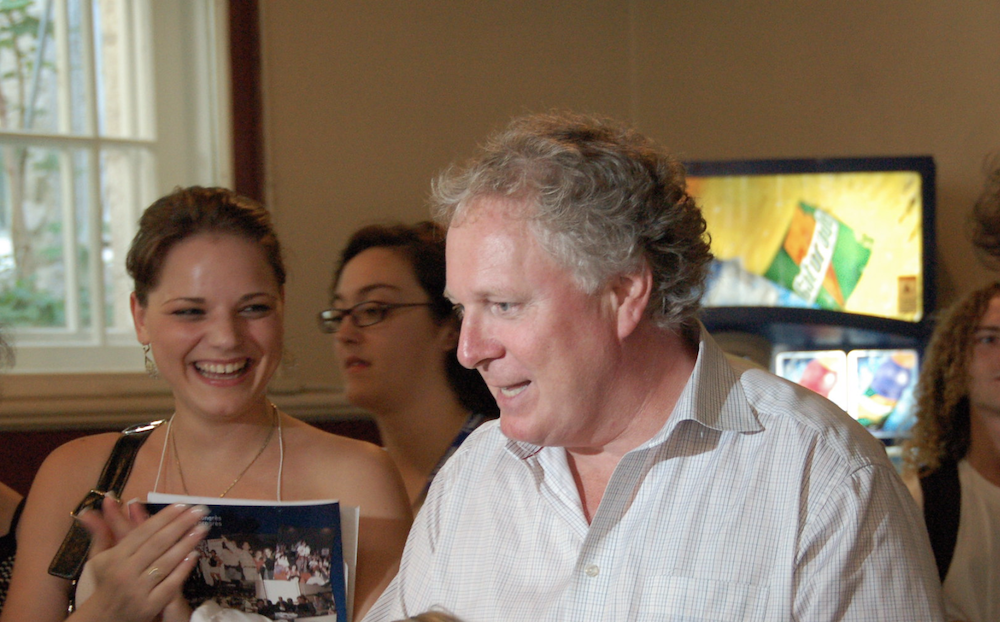Let it be conceded that the Conservative histrionics over Monday’s confidence and supply agreement between the Liberals and the New Democrats in Parliament has far outdone the “spectacular national Conservative tantrum” predicted in this space.
Naturally one would have expected a right-wing opposition party to argue that any deal between a slightly more progressive governing party and a progressive third party in the House of Commons to co-operatively pass legislation where their platforms coincide would result in bad policy that would harm the interests of the country.
We would be content to argue that while the Conservative Party of Canada was wrong about such dire predictions, this was a perfectly reasonable response to the new and frustrating circumstances they have just now learned they must face.
Indeed, I think we could agree that it’s within the bounds of acceptable political hyperbole for the opposition Conservatives to call the agreement a “coalition,” even though it is obviously no such thing in the technical Parliamentary sense.
Still, it’s close enough, terminologically speaking, for jazz or government work.
But to say that this is proof Prime Minister Justin Trudeau and his Liberals “will stop at nothing to keep power, even if it means buying themselves a majority,” as did Conservative leadership candidate Jean Charest, 63, well, this needs to be addressed.
Charest’s tweet, and the statement appended to it, wherein he argued that “Canadians elected a minority government whether Trudeau respects it or not,” is very strange coming from a politician flexible enough to switch from federal Conservatives to Quebec Liberals and back again with alacrity, and who himself once headed a minority government and did what he reasonably could to remain in power.
This is true even if the differences between some provincial parties and the federal party with the same name are big enough to make them effectively completely different political entities – a fact always forgotten by Alberta Conservatives when it comes time for them to say something about this province’s New Democrats.
So what are the Liberals supposed to do, in Charest’s estimation?
Commit political seppuku to provide his Conservatives with the opportunity to fulfill their manifest destiny?
Conservatives had no problem, obviously, back in 2003 when Stephen Harper of the Canadian Alliance and Peter MacKay of the Progressive Conservatives merged their parties into a united opposition—not quite the governing party yet, but a situation close enough to be clearly analogous.
Moreover, there can be no doubt they would have formed a government at the time if they could have.
This nonsense is stranger still, and somewhat more troubling, coming from Charest, who it can be credibly argued is the most temperate of the potential Conservative leaders currently campaigning for the job. (As a result, of course, his chances of victory must be considered marginal.)
Still, it must be stated, unequivocally, that the agreement between the Liberals and New Democrats in the House of Commons is exactly how our Westminster-style Parliamentary democracy is supposed to operate.
As says my favourite political science textbook, the one I used when the need to teach a post-secondary political science course for which I was manifestly unqualified was thrust upon me unexpectedly, the job of the prime minister in a minority Parliament is to “command the confidence of the House.”
That is done, Patrick Malcolmson and Richard Myers explained in my tattered 1996 edition of The Canadian Regime, by adopting policies likely to “either find favour with, or not be opposed by, members of one of the two smaller parties.”
When Lester Pearson adopted this strategy after he emerged with a minority government in the 1963 federal election, they wrote, “it was quite successful: His Liberal government remained in office for five years, despite the fact that it never had more than a minority of seats in the House.”
That the “coalition” might turn out to be as successful and nearly as long lived, producing the type of popular legislation that benefits Canadians and soon becomes too entrenched in the popular will to be easily rooted out by market fundamentalist ideologues, is exactly what Conservatives in Ottawa fear.
Well, at least Charest’s effort wasn’t as bonkers as Conservative leadership frontrunner Pierre Poilievre’s opinion that “our party needs a leader who can defeat this coalition on the floor of the House of Commons …” (Viz., him.)
Exactly how this is supposed to happen is not precisely clear when together the combined number of Liberal and NDP seats in the House is 184, while the remaining Conservative, Bloc Quebecois, Green and Independent MPs add up only to 154.
Well, as Rachel Notley established in 2015, math can be hard for Conservatives.
On the other hand, perhaps Poilievre has in mind a coalition with some outlaw truckers like the ones he welcomed to Ottawa recently to help him “fight this socialist coalition power pact.”
Again, our Westminster Parliamentary system has an answer to Poilievre’s big idea as well.
A significant number of Canadians like minority Parliaments precisely because they must govern with moderation, consideration for alternative views, and an eye on the needs and wishes of the electorate.
So remember, Parliament is operating exactly as it is supposed to, and Canada’s democratic fundamentals are quite safe as long as it does.



